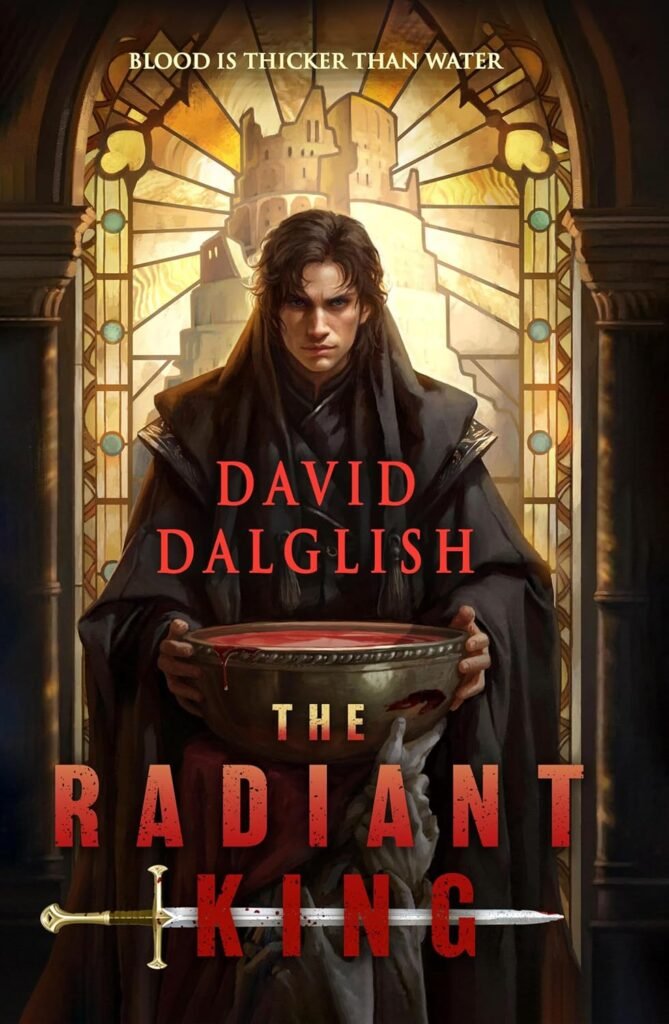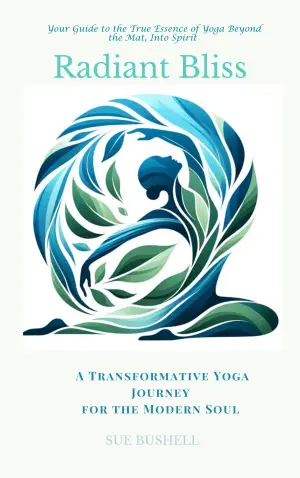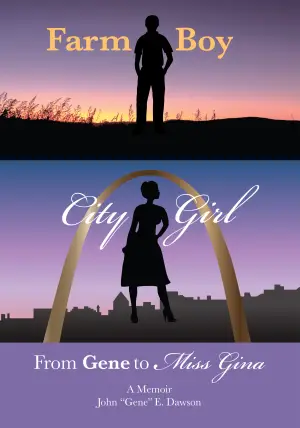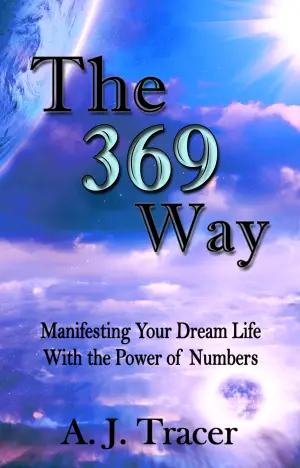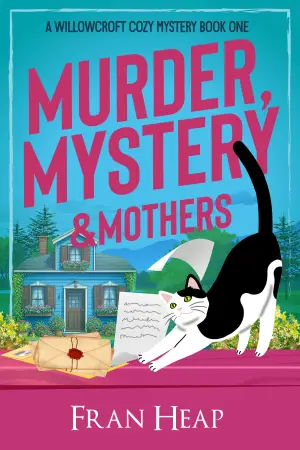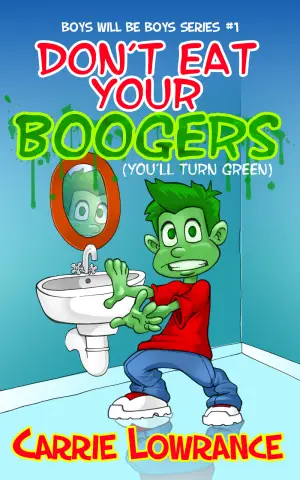A Journey Through The Radiant King: A Mixed Blessing in the Astral Kingdoms
When I first heard about The Radiant King by David Daglish, I was instantly intrigued. The notion of immortal siblings grappling with their powers and their ethical dilemmas felt like fertile ground for a rich and engaging narrative. Daglish, whose dark fantasy series The Vagrant Gods had piqued my interest in the past, was venturing into new territory with this new trilogy—The Astral Kingdoms. I thought, “This time, I won’t let it slip through the cracks!” So, when Orbit Books and NetGalley graciously provided an advanced review copy, I dove in, eager for the adventure that awaited.
At its core, The Radiant King spins a tale of six siblings endowed with magical powers known as "radiance." They have sworn never to seek mortal crowns, instead aiming to guide humanity towards a brighter future. However, the betrayal of one brother, Eder, who establishes a religious cult and launches his own empire, sets the siblings into a tailspin of chaos. The story promises deep themes, such as the burden of immortality and the cycle of rebirth, which resonate with familiar yet poignant existential dilemmas. Yet, while these themes are compelling, I found that the execution left something to be desired.
One of the book’s significant struggles is its characterization. Initially, Daglish introduces each sibling with distinctive traits—Faron, the tough softy, and Sariel, the brooding enigma. However, as the story unfolds, these surface-level quirks morph into caricatures that lack depth. Even Eder, the antagonist, fell short of offering a truly menacing presence. Instead of feeling like a formidable challenge, he drifts through the narrative with uninspired motives. The potential for complex dynamics, especially with characters like Queen Isabelle, is tantalizing but ultimately feels underwhelming and rushed.
The pacing throughout the book was uneven, with the first half slogging through somewhat mundane plot points before the climax. My excitement waned considerably during the flashback chapters, which interrupted the narrative flow. I couldn’t help but think that interspersing those backstories might have added a more rich context to the unfolding drama.
Despite these criticisms, I appreciated Daglish’s attempts to explore the moral implication of sharing immense power with the common folk. The consequences of such distribution are timely reflections on the fragility of humanity. However, this strong premise wasn’t fully leveraged, and instead, left me wishing for deeper exploration.
With a score of 2.75/5 (rounded to 3/5), I believe The Radiant King possesses fresh ideas and an imaginative backdrop, but it doesn’t quite deliver on its ambitious premise. The predictable plot twists and lackluster character development reminded me that sometimes, potential only takes you so far.
So who might enjoy this book? Fans of dark fantasy looking for an adventurous yet somewhat polished read might find enjoyment in Daglish’s storytelling. If you’re willing to overlook some character flaws and narrative pacing for the sake of an intriguing fantasy world, this might just be the book for you.
As I reflect on my reading experience, I know I will continue to follow Daglish’s work, hoping the next installment in the series can realign the ambitious vision laid out in this debut. Until then, I invite you to join me in this journey and share your thoughts—let’s keep the conversation going.
For more reflections like this, feel free to visit my Medium blog, Distorted Visions. Happy reading!
Discover more about The Radiant King (Astral Kingdoms, #1) on GoodReads >>

